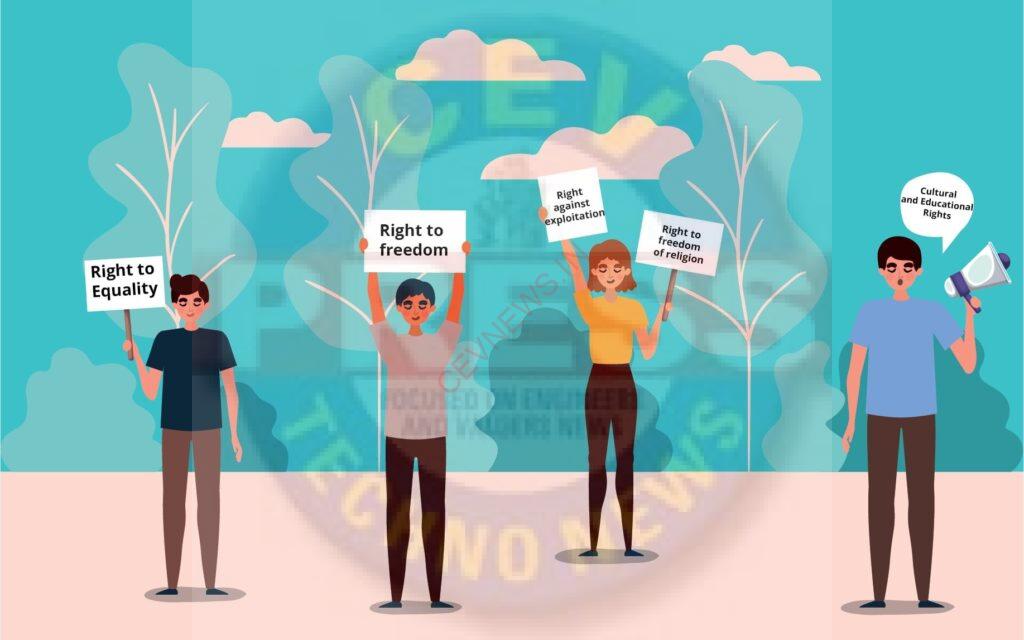LIMITATIONS ON FUNDAMENTAL RIGHTS: SECURITY AND PUBLIC INTEREST
Limitations on Fundamental Rights: Security and Public Interest
Fundamental rights form the cornerstone of a democratic society, ensuring individual liberties and safeguarding citizens’ interests. However, even the most fundamental rights are not absolute, and there are situations where limitations are imposed in the interest of security and public welfare. Balancing individual freedoms with the greater good of society is a complex task that requires careful consideration and an understanding of the nuances involved.
The Balancing Act: Fundamental Rights and Public Interest
In democratic societies, fundamental rights are enshrined in constitutions to protect citizens from potential abuses of power by the government. These rights include freedom of speech, expression, religion, and the right to privacy, among others. However, these rights are not unlimited and can be restricted under certain circumstances. One of the most significant scenarios where limitations are imposed is when they come into conflict with the security and public interest of the nation.
Security Concerns and Fundamental Rights
National security is a top priority for governments around the world. In the face of threats ranging from terrorism to cyberattacks, governments often find themselves grappling with the need to balance security measures with citizens’ rights. For instance, in the wake of a terrorist attack, governments might impose limitations on freedom of movement or assembly to prevent further incidents. While such restrictions may infringe on individual freedoms temporarily, they are deemed necessary to ensure the safety and security of the entire population.
Public Interest as a Justification
Another key factor that can lead to limitations on fundamental rights is the concept of public interest. This idea encompasses the collective well-being and welfare of the population. In cases where an individual’s exercise of their rights might lead to harm or disruption to the broader community, limitations can be justified. For instance, during a health crisis like a pandemic, governments might impose restrictions on the right to assemble to prevent the spread of disease. While this might impede individual liberty, the goal is to protect public health and safety.
Legal Framework for Limitations
Governments cannot simply curtail fundamental rights without any justification. There must be a legal framework in place that outlines the conditions under which such limitations can be imposed. This framework typically involves clear criteria that define when limitations are necessary, proportional, and in line with the principles of necessity and legitimacy. Moreover, the limitations must be subject to judicial review to prevent misuse of power and ensure that they adhere to the principles of the constitution.
Safeguarding Against Abuse
While limitations on fundamental rights are sometimes necessary, there is a potential for abuse by those in power. It is essential to maintain checks and balances to prevent overreach and protect citizens from unjustified restrictions. Independent judiciary, robust media, and a vigilant civil society play crucial roles in holding governments accountable for their decisions regarding limitations on fundamental rights.
Conclusion
The delicate balance between fundamental rights and the needs of security and public interest is an ongoing challenge in democratic societies. Striking the right balance requires a deep understanding of the context, a commitment to upholding individual liberties, and a pragmatic approach to safeguarding the broader well-being of society. By maintaining a transparent legal framework, promoting accountability, and ensuring a thorough evaluation of the necessity and proportionality of limitations, societies can navigate this complex terrain while upholding the values that underpin their democratic foundations.


